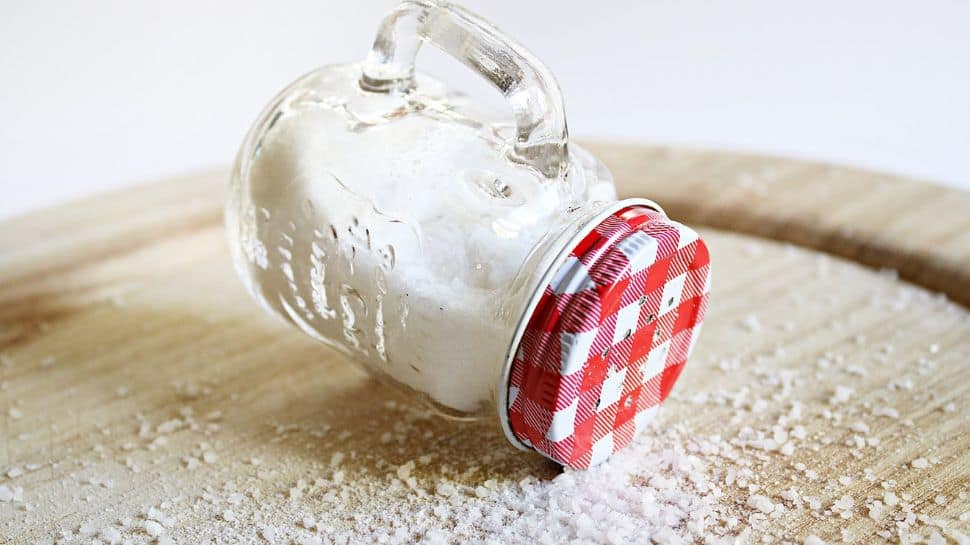Eating a salt-free diet can reduce your risk of cardiovascular diseases like heart attack and stroke by almost a fifth, finds a study. According to the study, led by researchers from the Kyungpook National University Hospital in South Korea, people who always add salt to their foods are 22 per cent more likely to suffer atrial fibrillation than those who never (18 per cent), or sometimes (15 per cent) add it.
Atrial fibrillation is an irregular and often very rapid heart rhythm (arrhythmia) that can lead to blood clots in the heart. It increases the risk of stroke, heart failure and other heart-related complications. People with AF are five times more likely to have a stroke.
“Our study indicates that lower frequency of adding salt to foods was associated with lower risk of AF,” said lead author Yoon Jung Park of Kyungpook National University Hospital.
Also read: Breast Cancer: 5 Ways To Navigate Mental Health
For the study, presented at the European Society of Cardiology conference held in Amsterdam last week, the team examined data from 395,682 British people, aged 40 to 70, who were followed for 11 years.
The findings also suggest that switching diet from always adding salt to “usually” adding it reduced the risk of AF by 12 per cent.
“It’s well known that eating too much salt can lead to health problems, including high blood pressure. As well as increasing your risk of having a heart attack or stroke, high blood pressure can also cause damage to your heart and this in turn can cause atrial fibrillation,” said Prof James Leiper of the British Heart Foundation.
Sodium is an essential nutrient, but eating too much salt makes it the top risk factor for diet and nutrition-related deaths. The main source of sodium is table salt (sodium chloride), but it is also contained in other condiments such as sodium glutamate.
Earlier in March, the World Health Organization (WHO) had called on countries to make ‘massive efforts’ to reduce people’s salt intake that can prevent the risk of heart problems, stroke and cancers.
In a first-of-its-kind global report on sodium intake reduction, the global health body noted that the world is off-track to achieve its global target of reducing sodium intake by 30 per cent by 2025.
The report shows that only 5 per cent countries are protected by mandatory and comprehensive sodium reduction policies, while 73 per cent, including India, lack full range of implementation of such policies.
Implementing highly cost-effective sodium reduction policies could save an estimated seven million lives globally by 2030, the WHO said.

